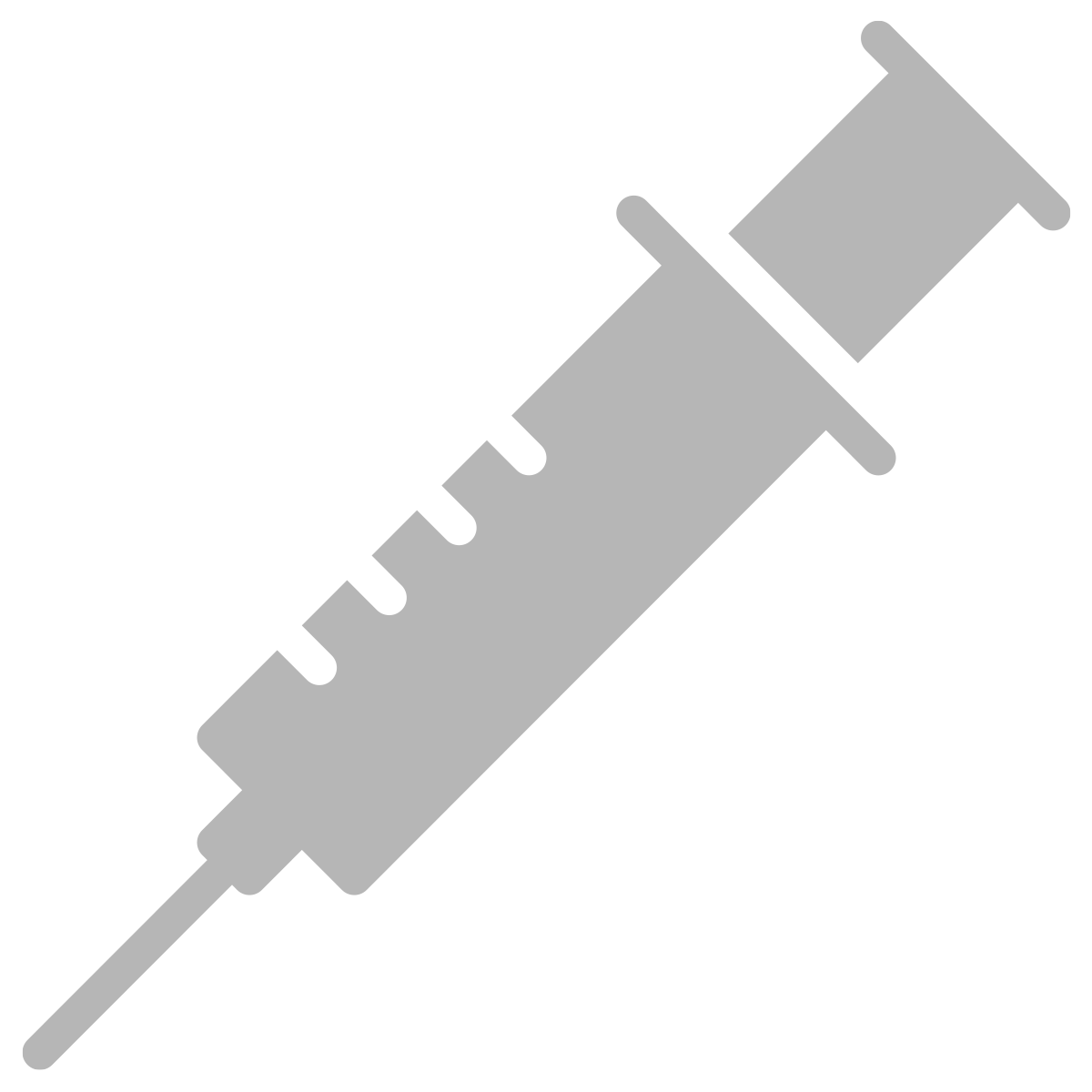CVD-Mali’s work to quantify the burden of vaccine-preventable diseases has accelerated the introduction of many new vaccines into Mali. Our work focuses on translating research into public health actions, to save the lives of Malian infants and children.

Group B Streptococcus colonization in mother-newborn dyads and association with serotype-specific capsular antibodies in low and middle income South Asian and African countries, in collaboration with CVD-Baltimore.

From 2004 to 2013, CVD-Mali conducted clinical trials of MenAfriVac, meningococcal A conjugate vaccine, with support from the Bill & Melinda Gates Foundation. Data from 8100 participants, infants to adults, contributed to the licensure and introduction of MenAfriVac in 2010. CVD-Mali’s ongoing surveillance documented the disappearance of the disease in Mali.

In August 2014, CVD-Mali joined a consortium assembled by the World Health Organization in response to the Ebola epidemic. CVD-Mali conducted the first human trials of ChAd3-EBO-Z in Africa. The data generated informed decisions on the vaccine dose. CVD-Mali continues to conduct Ebola vaccine trials in children and adults.

CVD-Mali, alongside CVD-Baltimore, screened Malian women to characterize HPV epidemiology and cervical cancer. The results informed data-driven mathematical models for HPV vaccination. The vaccination of over 10,000 girls, ages 9 to 13, is expected to lead to a significant reduction in cervical cancer over the next 20 years.

CVD-Mali was one of three sites in sub-Saharan Africa in a multi-center, placebo-controlled Phase 3 trial of the Merck rotavirus vaccine (RotaTeq®). Data from the trial and GEMS supported successful application to GAVI for introduction in early 2014.

From 2011 to 2014, CVD-Mali performed a Phase IV, prospective, randomized, controlled trial to measure the efficacy, safety, and immunogenicity of TIV in pregnant women and infants. A total of 4193 pregnant women and infants were enrolled and followed for six months after delivery. Influenza vaccination in pregnancy resulted in a 68% reduction in influenza in infants less than four months of age.

In July 2005, Mali introduced Hib conjugate vaccine into its Expanded Program of Immunization (EPI). CVD-Mali investigators monitored the vaccine program with continued surveillance. Three years after introduction, incidence of Hib disease had fallen by approximately 80 percent.